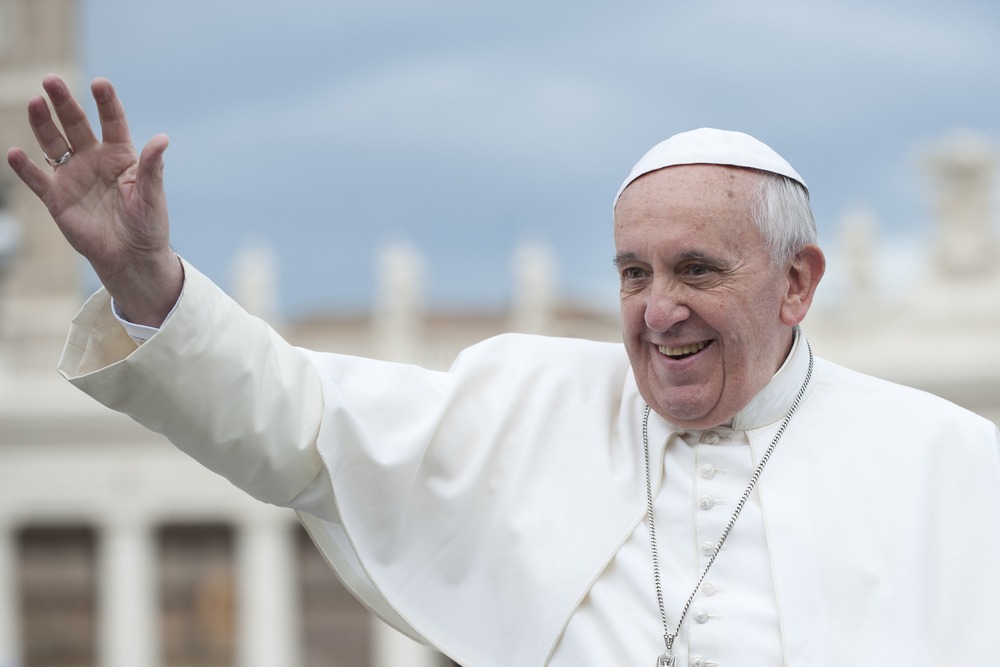
June 23, 2015; L’Agence France-Presse (AFP)
Pope Francis continues to grab headlines with his statements on a wide range of topics. NPQ reported on Pope Francis I’s controversial encyclical on climate change and care for the Earth last week. Earlier this week, he addressed a youth rally in Turin, Italy, questioning whether arms merchants could legitimately consider themselves Christians. On Wednesday, the Pope appeared to depart from traditional Catholic teaching by saying that “There are cases in which [family] separation is inevitable,” and “Sometimes, it can even be morally necessary, when it’s about shielding the weaker spouse or young children from the more serious wounds caused by intimidation and violence, humiliation and exploitation.”
The international news coverage of each of the Pope’s recent statements demonstrates the advocacy power of the leader of the world’s 1.3 billion Catholics. Francis’s personal popularity magnifies the interest in his thoughts and deeds, but we suspect that his statements would be at least as well reported—and no less controversial—if his opinions were very different. Although it sounds facetious, it’s true that the Pope’s position constitutes the ultimate “bully pulpit.” In addition, there are times when the Pope speaks ex cathedra, making specific statements on Church dogma that are unchallengeable by the faithful because they are correct by definition, and, therefore, contrary views are in error. The size and faith of his audience, along with the capacity to assume a voice of absolute authority, gives the pope incredible power to influence public dialogue.
Sign up for our free newsletters
Subscribe to NPQ's newsletters to have our top stories delivered directly to your inbox.
By signing up, you agree to our privacy policy and terms of use, and to receive messages from NPQ and our partners.
The challenge Pope Francis faces is the same challenge any nonprofit leader faces: how best to use the advocacy voice we are given. How many messages are too many? Can we be too casual, or too formal, or too frequent, or too distracted, or too silent or too aloof in our advocacy? When considering advocacy, it’s also important to consider the virtue of prudence. There are many definitions of prudence, going back at least as far as Aristotle and cited as one of the four “cardinal virtues” in Catholic teaching. In short, prudence is doing things in the right way to achieve the maximum long-term (absolute) good. Prudence can mean speaking and acting boldly to fulfill mission, but prudence can also mean remaining quiet and waiting for the right time and circumstances to speak and act.
If he speaks too often, or begins speaking of things less interesting to the media and the world, the Pope risks weakening the recognition and spotlight he currently enjoys. For those of us with far smaller audiences and less frequent attention, it’s crucial that we pick our advocacy moments well and, once chosen, pursue them fearlessly.—Michael Wyland













